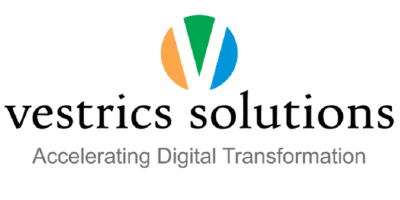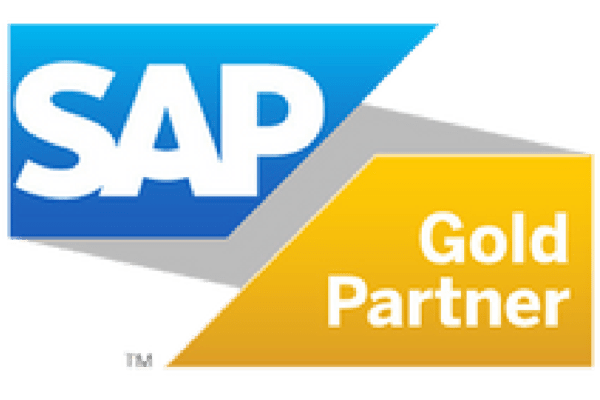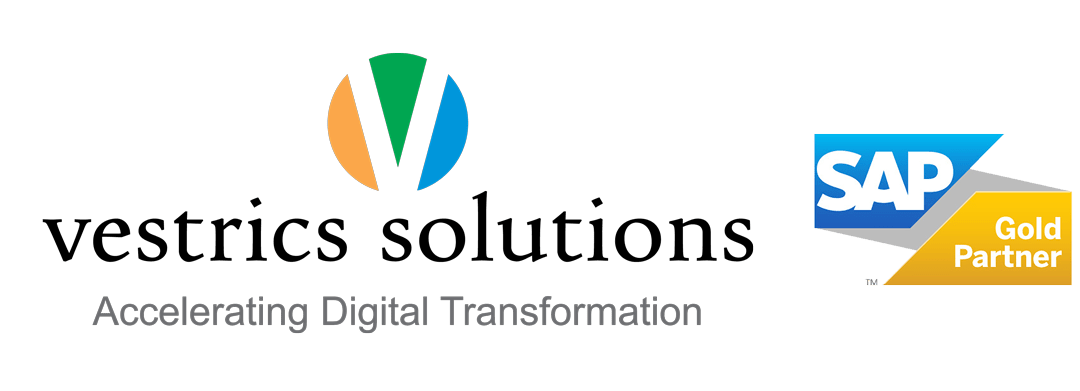In the fast-paced world of finance, Chief Financial Officers (CFOs) face numerous challenges in managing their organization’s financial landscape. However, with the advent of digital transformation, CFOs can now leverage powerful tools like SAP Business One ERP to streamline operations, gain insights, and make informed decisions. In this article, we will explore how SAP Business One ERP can help solve CFO problems and drive their digital transformation journey.
I. Enhanced Financial Visibility: One of the primary concerns for CFOs is gaining real-time financial visibility across the organization. SAP Business One ERP provides a centralized platform consolidating financial data from various departments, subsidiaries, and locations. By eliminating silos and providing a holistic view of the financial landscape, SAP Business One empowers CFOs with accurate and up-to-date information for better decision-making. With robust reporting capabilities, CFOs can analyze cash flow, profitability, and financial performance in real time, enabling them to identify trends, uncover opportunities, and mitigate risks promptly.
II. Streamlined Financial Processes: CFOs often need help managing complex financial processes, such as accounts receivable/payable, budgeting, and financial closing. SAP Business One ERP automates these processes, minimizing manual interference and reducing the risk of errors. By digitizing workflows, CFOs can streamline financial operations, improve efficiency, and allocate resources more effectively. Furthermore, SAP Business One offers features like automated billing and payment reminders, enabling CFOs to enhance cash flow management and optimize working capital.
III. Regulatory Compliance and Risk Management: CFOs are responsible for ensuring regulatory compliance and managing financial risks. SAP Business One ERP comes equipped with built-in compliance features, such as tax calculation, reporting, and localization capabilities. This helps CFOs stay up-to-date with changing regulations and streamline their compliance processes. Moreover, the system provides real-time visibility into financial data, allowing CFOs to identify potential risks and proactively address them. By leveraging SAP Business One’s risk management functionalities, CFOs can implement robust controls, perform scenario analyses, and ensure a secure financial environment.
IV. Strategic Decision-making and Forecasting: CFOs play a crucial role in strategic decision-making, and accurate forecasting is vital to drive organizational growth. SAP Business One ERP offers advanced analytics and predictive modeling capabilities, enabling CFOs to forecast financial outcomes, evaluate investment opportunities, and assess profitability. By leveraging historical and real-time data, CFOs can make data-driven decisions, optimize resource allocation, and align financial strategies with business objectives. The system also facilitates scenario planning and “what-if” analyses, empowering CFOs to evaluate the impact of various market dynamics and make informed decisions.
Also read: https://www.vestrics.in/how-sap-business-one-helps-small-and-mid-sized-businesses/
V. Seamless Integration and Scalability: SAP Business One ERP integrates seamlessly with other enterprise systems, such as CRM (Customer Relationship Management) and SCM (Supply Chain Management), enabling CFOs to access a comprehensive view of the organization’s operations. This integration eliminates data duplication, enhances accuracy, and facilitates cross-functional collaboration. Additionally, SAP Business One offers scalability to accommodate organizational growth, allowing CFOs to adapt the system to changing business needs seamlessly.
VI. Efficient Financial Reporting and Analytics: CFOs rely on accurate and timely financial reporting to provide insights to key stakeholders. SAP Business One ERP simplifies the reporting process by generating customizable reports and dashboards, enabling CFOs to present financial information clearly and meaningfully. The system provides real-time data updates, eliminating the need for manual data extraction and reconciliation. With advanced analytics capabilities, CFOs can drill down into financial data, analyze trends, identify performance gaps, and uncover areas for improvement.
VII. Improved Cash Flow Management: Maintaining healthy cash flow is crucial for the financial stability of any organization. SAP Business One ERP equips CFOs with tools to optimize cash flow management. The system offers features such as cash flow forecasting, automated payment reminders, and streamlined accounts receivable/payable processes. By leveraging these capabilities, CFOs can identify cash flow gaps, improve collections, manage payments effectively, and make informed decisions regarding working capital management. This enables CFOs to maintain a strong financial position and ensure the organization’s operational continuity.
VIII. Cost Control and Expense Management: Managing costs and controlling expenses are critical responsibilities for CFOs. SAP Business One ERP provides functionalities to monitor and control costs across various functions. CFOs can track expenses, analyze spending patterns, and identify cost-saving opportunities. The system enables effective budget planning and variance analysis, allowing CFOs to align expenditures with financial objectives. Additionally, SAP Business One integrates with procurement systems, facilitating efficient
supplier management and negotiation for better pricing and terms. By leveraging these capabilities, CFOs can drive cost optimization initiatives, enhance profitability, and achieve financial sustainability.
IX. Scalability and Growth Enablement: By leveraging the scalability of SAP Business One, CFOs can efficiently manage the financial complexities that come with growth. They can access accurate financial information across the organization, facilitate financial consolidation, and gain insights into the financial health of different entities or divisions. This scalability allows CFOs to focus on strategic initiatives, such as exploring new markets, launching new products, or pursuing mergers and acquisitions, without being hindered by outdated or inadequate financial systems.
You may also like: https://www.vestrics.in/sap-business-one-for-fashion-industry/
Conclusion: SAP Business One ERP serves as a catalyst for CFOs’ digital transformation journey by addressing their pain points and unlocking new possibilities, from enhancing financial visibility and streamlining processes to ensuring compliance, managing risks, and driving strategic decision-making. SAP Business One transforms the CFO’s role from being a traditional finance manager to a strategic business partner. By embracing this robust ERP system, CFOs can revolutionize their roles, become strategic partners to the business, and drive sustainable growth in the digital era.






